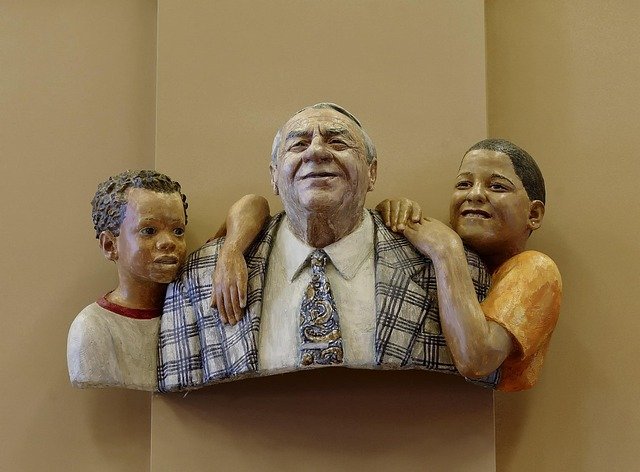Choosing Baby Names Across Generations and Cultures
Choosing a baby name is often more than a personal preference; it ties identity to family history, cultural roots, and future social experiences. Parents commonly weigh sound, meaning, and how a name will age across generations. This article looks at how names operate within family lines, why some feel traditional, how cultural influences shape choices, and how diversity factors into modern naming decisions.

How can a name reflect generations?
Names often carry generational signals: family surnames used as given names, revival of grandparents’ names, or names associated with particular eras. A name passed down can create continuity and a sense of belonging, connecting a child to ancestors and family stories. At the same time, some families adapt older names with modern spellings or nicknames to fit current preferences. Considering how a name might be perceived by both older and younger generations can help balance respect for lineage with contemporary appeal.
What makes a name feel traditional?
A traditional name typically has long-standing use within a culture or community and may be associated with historical figures, religious texts, or literary works. Traditional names can signal stability and heritage, but they may also carry cultural expectations or stereotypes. When parents choose a traditional name, they might be honoring ancestry, maintaining a naming pattern, or preferring a classic sound. Thinking about pronunciation, common diminutives, and local usage helps determine whether a traditional choice will remain functional and meaningful.
How do cultural backgrounds shape names?
Cultural norms heavily influence name choices: some cultures favor names that convey virtues, ancestral ties, birth order, or auspicious meanings. Immigration and multicultural families often blend naming conventions, selecting names that resonate in more than one language or culture. Cultural naming practices also include rules about who a child is named after and the contexts in which certain names are appropriate. Understanding a name’s cultural origins and connotations can prevent unintended misunderstandings and preserve cultural respect.
Why does diversity matter in baby names?
Diversity in naming reflects broader social change and the mixing of cultures, languages, and traditions. Embracing diverse names can validate multiple heritages within a family and foster inclusion in communities. However, unique or culturally specific names may also prompt questions about pronunciation or lead to bias in certain settings. Parents often weigh the value of cultural expression against the practical considerations of how a name will be used in schools, workplaces, or official records.
How to research name meaning and history?
Researching a name’s meaning, origin, and historical usage helps inform a thoughtful choice. Reliable sources include language and etymology references, cultural tradition guides, and family records. Check alternate spellings and pronunciations, and be aware of regional differences in meaning. Listening to how a name sounds in full (first, middle, last) and saying it aloud in likely social scenarios can reveal unforeseen issues. Discussing options with relatives or cultural experts can also clarify traditions and expectations tied to a name.
Practical tips for choosing across generations and cultures
When selecting a name that will bridge generations or cultures, try compiling a short list that honors different priorities: heritage, sound, meaning, and adaptability. Test names for ease of pronunciation across languages you expect the child to encounter. Consider middle names or hyphenated combinations to acknowledge multiple traditions without overburdening a single given name. Think about diminutives and initials, and imagine how the name might suit the person at each life stage. Finally, document the reasons behind a choice to preserve the story for future generations.
Conclusion
Choosing a baby name involves balancing personal taste with family traditions, cultural meanings, and practical considerations. Thoughtful research, open family conversations, and attention to how a name will function across generations and cultural contexts can lead to a name that honors heritage while supporting the child’s individuality.






